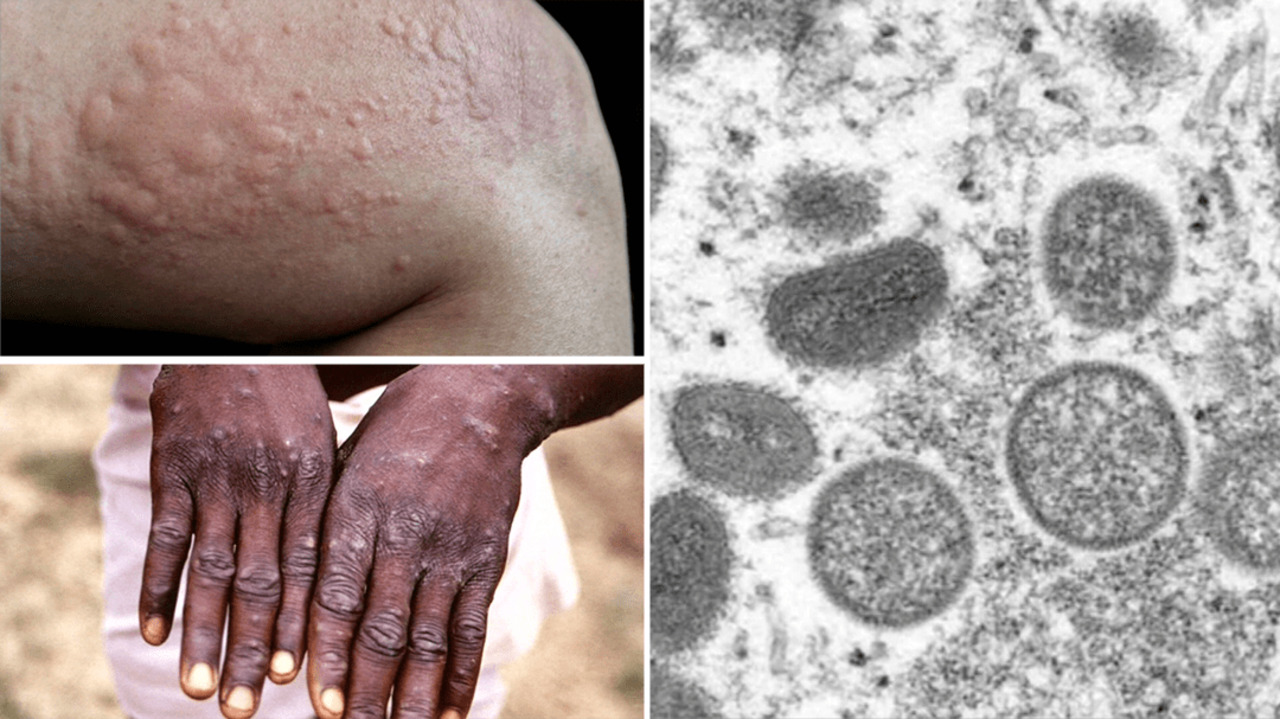
The World Health Organization (WHO) on Wednesday issued its highest level of alert, declaring the mpox outbreak in Africa a global public health emergency.
The decision comes amid a surge in cases in the Democratic Republic of Congo (DRC) and the spread of the virus to neighboring countries.
WHO Director-General Tedros Adhanom Ghebreyesus made the announcement following a meeting of emergency experts.
He expressed deep concern over the situation, emphasizing the need for a coordinated international response to contain the outbreak and save lives.
The declaration of a Public Health Emergency of International Concern (PHEIC) is a formal recognition that an event is serious, unusual, and potentially requires a coordinated international response.
This is the second PHEIC issued for mpox,with the previous one focused on a different, less deadly strain of the virus.
Experts are particularly worried about a new subclade of mpox that has emerged in the DRC and is spreading rapidly.
This strain is more severe than the previous one, with a higher fatality rate.
While over 14,000 cases and 524 deaths have been reported in the DRC this year, health officials believe the actual number of infections could be significantly higher due to underreporting.
The WHO is calling for increased surveillance, improved diagnostic capacity, and the equitable distribution of vaccines and treatments to combat the outbreak.
The organization is also working closely with African countries to strengthen their public health systems and response capabilities.
As the world grapples with this new health crisis, international cooperation and resource allocation will be crucial in preventing further spread and mitigating the impact of the mpox outbreak.
